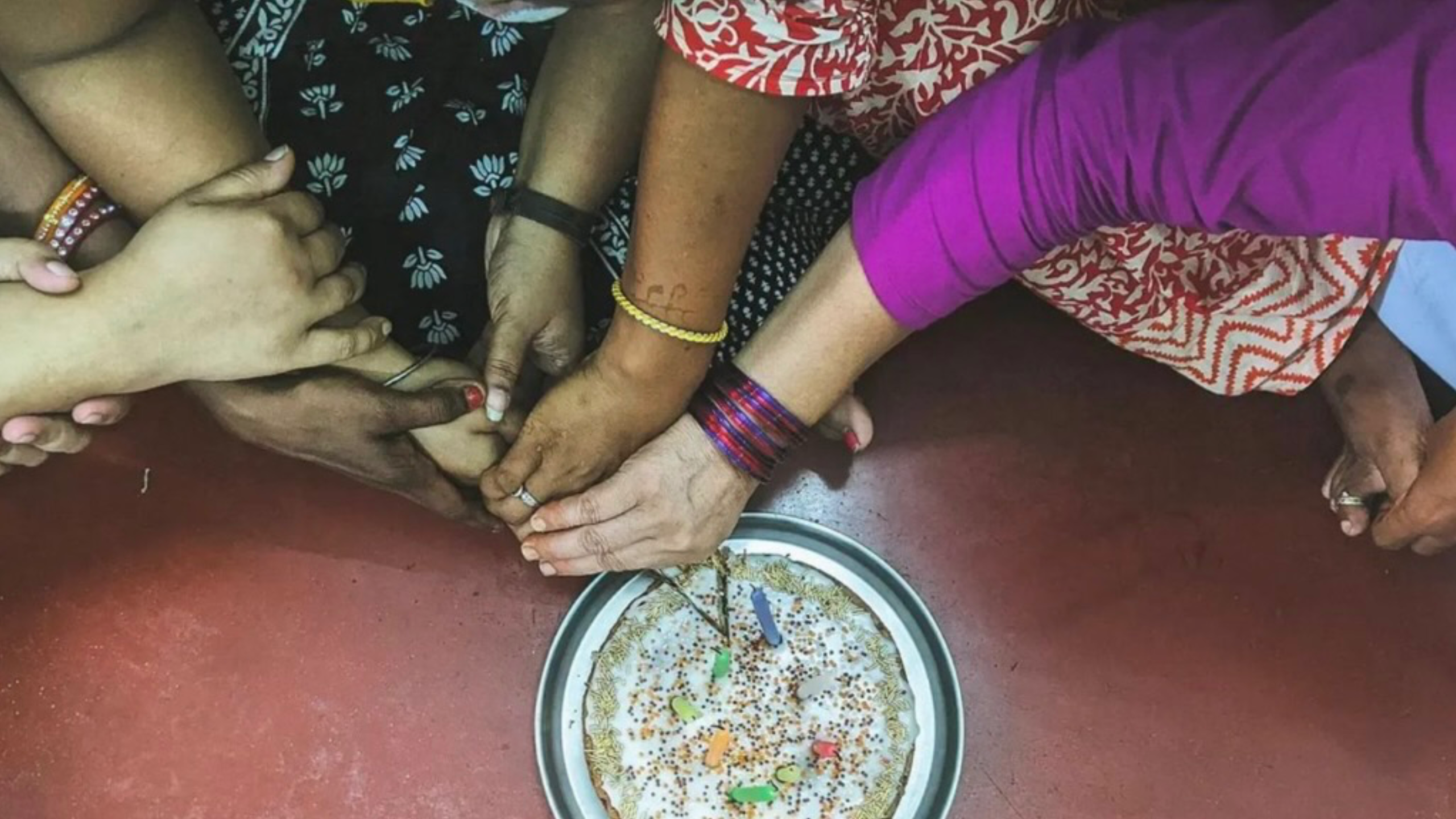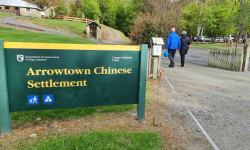
This article was first published by NZBMS and is reproduced with permission.
This is the second piece in a reflective series from our recently returned global workers, each sharing their personal discernment journey in choosing to return to Aotearoa New Zealand. The Missio Dei holds a unique place for each person. With the same missional heart, our returned global workers had a God-gifted time globally and now have a God-gifted time on our shores. Here is a glimpse into their amazing stories of trust and boldness.
Why and how did we choose to come back? We decided to return to New Zealand because we sensed the timing was good on a whole number of levels. I'm really thankful that God has a way of weaving everybody's timelines together, so it did feel like it was the right time. It felt like the right time for my mental health. It felt like the right time for our kids as one was starting high school. And it felt like the right time for the L-y-l crew as well.
Because of Covid, the local crew ran the workshop for six months without any foreign involvement, and they grew in their confidence and sense of responsibility during that time. When we returned to South Asia in 2021, we felt we needed to have a different leadership posture, or we would sabotage the ground they had made. It felt as though we were stepping into something sacred. We needed to be careful that we didn't squash the incredible growth that our team had experienced. So actually, Covid kind of sped up the succession process.
There were about nine months left in 2021 for us to pass the business on, which was tight. We would have liked a little longer, but it felt like a good amount of time for staff to keep growing without Paul and I taking up too much space again. Even though it felt like the right decision, there's a lot of letting go which has to be done. Letting go of certain dreams, ideals, my ego, the culture's definition of what success looks like, and grieving that we would no longer be sharing our lives with our staff members on a day-to-day basis. It was tough on those fronts, but I also felt really hopeful that our staff had grown so much while we were away, which was a great reminder that L-y-l is God's business and not ours. And sometimes, our presence can get in the way of other people's growth. Sometimes as foreigners, we take up too much space. It can easily happen to the founders of a business or an organisation. It was beautiful to experience and watch our leaders grow when we took up less space.
I think a big part of deciding to leave came about from a change in how I defined what success and failure looked like. I used to think success meant picking up my belongings and my coffin, moving overseas and never returning. But now I think success looks like leaving - leaving in a healthy space. I think success looks like everyone growing in their freedom together, including the foreigners. If we are serious about being a freedom business, we all need to grow in our freedom. I think success looks like dying to our ego, handing things over to local staff, and being willing to lose control. Success looks very different to me now. And that change in perspective made it possible for me to leave. I used to think we would be abandoning our staff if we left, but actually, it's kind of like the empty-nester stage. Except, instead of the children growing up and leaving home, our ladies have grown so much that we need to leave home and allow them space to keep growing. Yeah, that feels very healthy. Painful, but healthy. And that feels like success.
In the process of leaving well, we developed a succession planning team that consists of nine people: five New Zealanders and four local staff. The purpose of creating the team was that they would help lead the significant changes the workshop was going through over the next three years. We meet quarterly with the meetings being held in the Bengali language - we've been making excellent progress. That team is helping to embed the changes into the culture of the business. We are intentionally raising local leadership at the core of the business and re-envisioning foreigners as value adds instead of essential workers.
This is a fantastic ideal. To be honest, it's been really tough on the foreigners even though we all agree with it. It is very challenging for our ego to become a value-added person rather than an essential person. That has felt tough and uncertain, but we still believe in what we're doing. That's the most sustainable way forward: that L-y-l wouldn't depend on foreigners for the day-to-day running, and that's what we feel committed to pursuing. God has been very gracious in this process, weaving the timelines of everybody's needs together. And it has felt as though God has carried us through the big changes.
While we were excited about many aspects of moving back to New Zealand, re-establishing our lives here has been challenging. But again, we really feel God's grace helping us to connect with the land and connecting with the people in our area. It feels like roots are starting to take hold, and that feels like a beautiful, gracious work of God.


